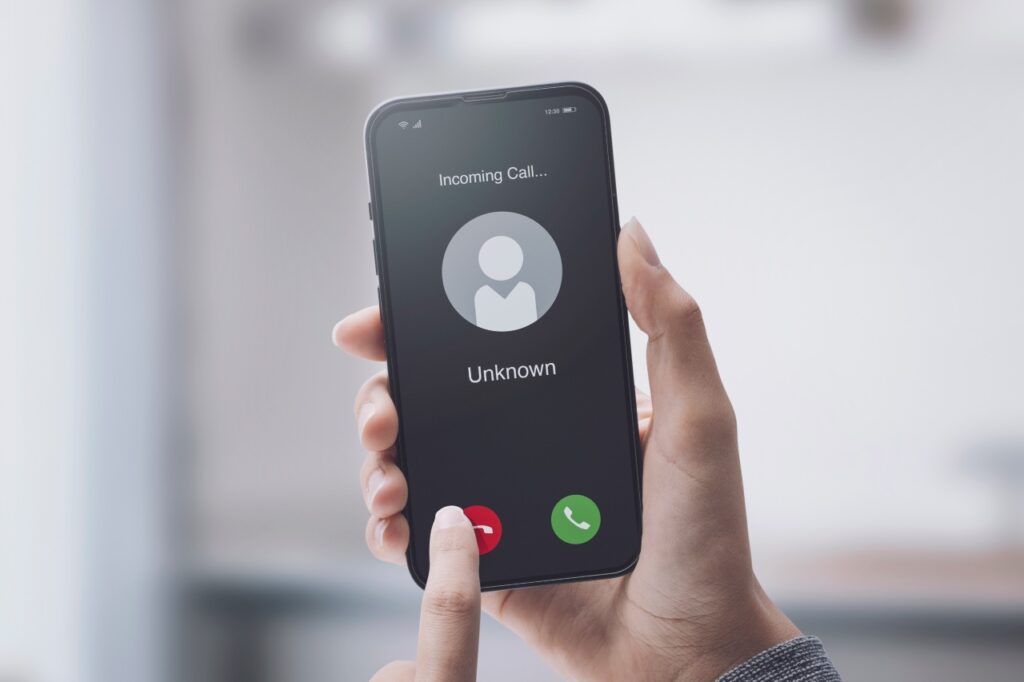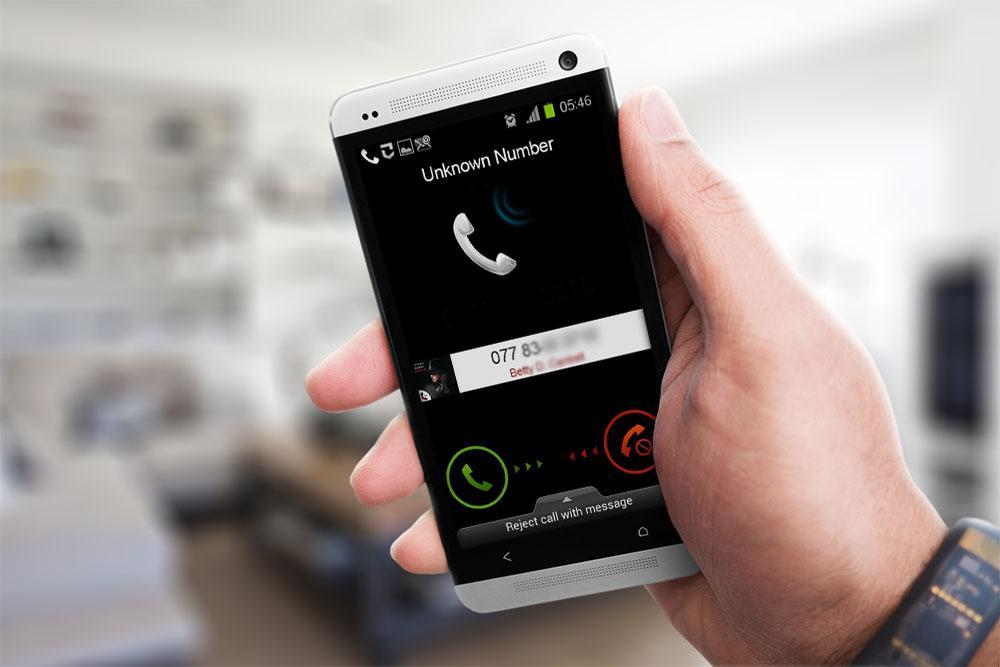In an era where privacy is paramount, understanding the concept of a Private Call Identifier (PCI) has never been more critical. This article delves into what a Private Call Identifier is, its significance, and how it can enhance your communication privacy. Whether you're a casual user or someone keen on safeguarding your personal information, this comprehensive guide will provide you with all the insights you need.
As technology advances, so do the methods by which we communicate. With the rise of telecommunication systems and mobile devices, the need for privacy has become increasingly important. A Private Call Identifier serves as a tool that ensures your calls remain discreet and secure, shielding your identity from potential threats.
This article will explore various aspects of the Private Call Identifier, including its functionality, benefits, and the implications for users. By the end of this guide, you will not only be equipped with the knowledge of what a PCI is but also how to effectively utilize this feature to protect your privacy.
- Joanna Barnes A Deep Dive Into The Life And Career Of A Hollywood Legend
- Judd Actress The Rise And Legacy Of A Multitalented Star
Table of Contents
- What is a Private Call Identifier?
- How Does Private Call Identifier Work?
- Benefits of Using Private Call Identifier
- How to Enable Private Call Identifier
- PCI vs. Other Privacy Tools
- Common Misconceptions About PCI
- Real-Life Applications of Private Call Identifier
- The Future of Private Call Identifier
What is a Private Call Identifier?
A Private Call Identifier (PCI) is a feature that allows users to keep their phone number confidential when making calls. When you enable PCI, your actual phone number is replaced with a generic identifier, thereby masking your identity from the recipient of the call. This feature is particularly useful for individuals who wish to maintain their privacy during phone conversations.
Key Features of Private Call Identifier
- Confidentiality: Keeps your number private.
- Anonymity: Allows you to communicate without revealing your identity.
- Control: Users can decide when to reveal their number.
How Does Private Call Identifier Work?
The functionality of a Private Call Identifier is relatively straightforward. When you make a call with PCI enabled, your phone transmits a unique identifier instead of your actual phone number. This unique identifier is then recognized by the receiving network, which allows the call to connect without disclosing your number.
The Process in Detail
- User enables PCI on their device.
- User makes a call; the device generates a Private Call Identifier.
- The receiving network recognizes the PCI and connects the call.
- The recipient sees the identifier instead of the user's actual number.
Benefits of Using Private Call Identifier
There are numerous advantages to using a Private Call Identifier. Understanding these benefits can help users make informed decisions regarding their communication privacy.
- Exploring The Iconic Films Of Julia Roberts A Journey Through Her Career
- Selena Gomez Show A Deep Dive Into Her Impact On Entertainment
Enhanced Privacy and Security
One of the primary benefits of PCI is enhanced privacy. Users can communicate without the fear of their personal information being exposed. This is particularly important for individuals in sensitive professions or those dealing with confidential matters.
Reduced Spam Calls
By using a PCI, users can minimize unsolicited calls. Since the recipient cannot see your actual number, it can deter telemarketers and spam callers.
How to Enable Private Call Identifier
Enabling a Private Call Identifier varies depending on the device and service provider. Below are general steps to activate this feature:
- Go to your phone's settings menu.
- Select 'Calls' or 'Call Settings.'
- Look for 'Caller ID' or 'Privacy Settings.'
- Select 'Hide Number' or 'Enable Private Call Identifier.'
- Save the changes and exit the settings.
PCI vs. Other Privacy Tools
While PCI is an effective means of maintaining privacy, it is essential to consider how it compares to other privacy tools.
Comparison Table
| Feature | Private Call Identifier | VPN | Encrypted Messaging Apps |
|---|---|---|---|
| Caller ID Masking | Yes | No | No |
| Data Encryption | No | Yes | Yes |
| Privacy Control | High | Moderate | High |
Common Misconceptions About PCI
Despite its advantages, there are several misconceptions surrounding the Private Call Identifier that can lead to confusion among users.
Myth 1: PCI is Only for Anonymous Callers
This is false; while PCI is commonly associated with anonymous calls, it is beneficial for anyone who values privacy.
Myth 2: PCI is Illegal
Many people believe that using a PCI is illegal. However, it is a legitimate feature offered by many telecommunications providers.
Real-Life Applications of Private Call Identifier
The Private Call Identifier can be utilized in various situations where privacy is crucial.
Examples of Use Cases
- Healthcare professionals communicating with patients.
- Legal representatives discussing sensitive cases.
- Individuals wishing to maintain privacy during personal calls.
The Future of Private Call Identifier
As technology continues to evolve, so will the features and functionalities of Private Call Identifiers. With growing concerns about privacy and data security, we can expect enhancements in PCI technology to provide even greater protection for users.
Potential Developments
- Integration with more advanced encryption technologies.
- Improved user interfaces for easier access and management.
- Increased awareness and adoption among users.
Conclusion
In summary, a Private Call Identifier is an invaluable tool for anyone looking to enhance their communication privacy. By understanding how PCI works and its benefits, users can take proactive steps to protect their personal information. We encourage you to consider activating this feature on your device to enjoy a more secure calling experience.
If you found this article helpful, please leave a comment below, share it with your friends, or check out our other articles for more information on privacy tools and technology.
Closing Thoughts
Thank you for reading! We hope you visit us again for more insights and guides on the latest in technology and privacy. Your safety and privacy matter, and we are here to help you stay informed.

